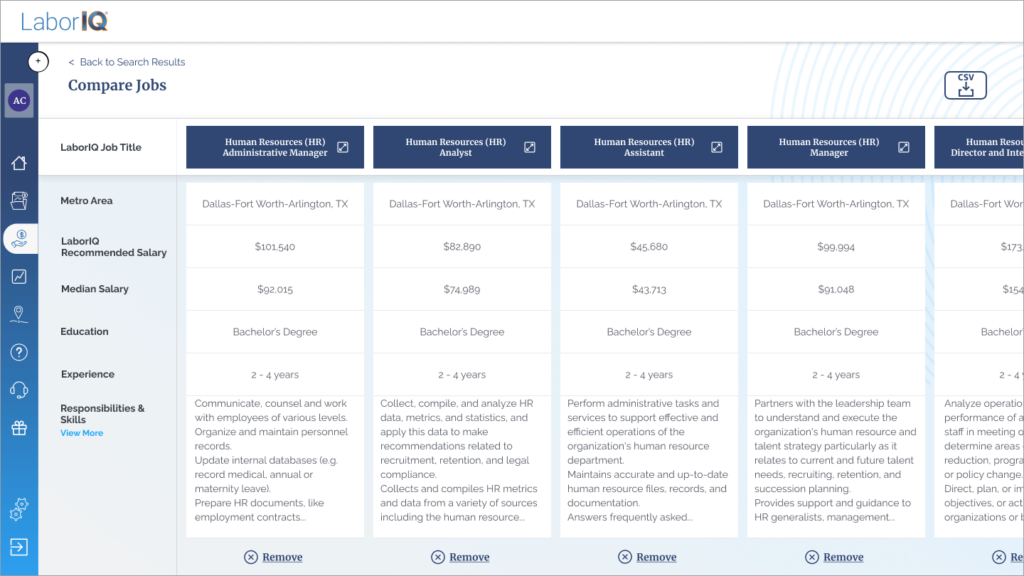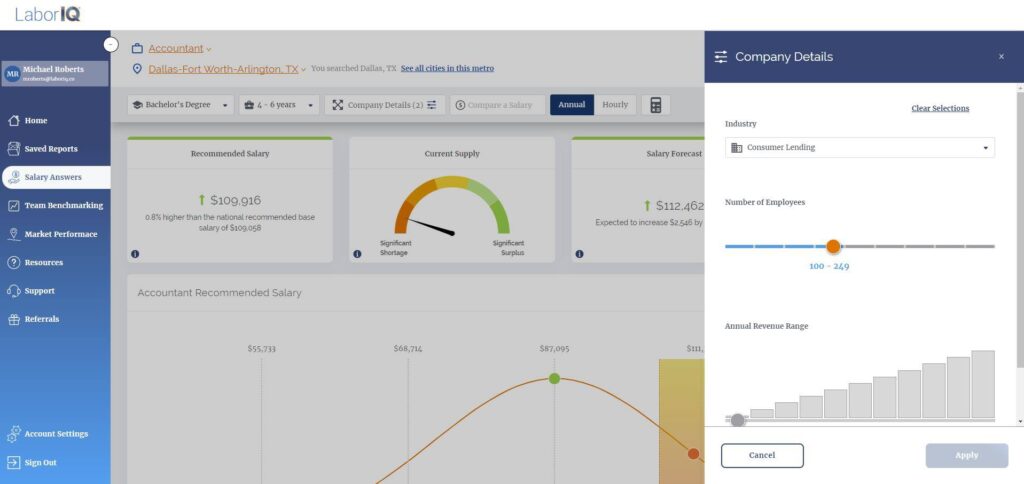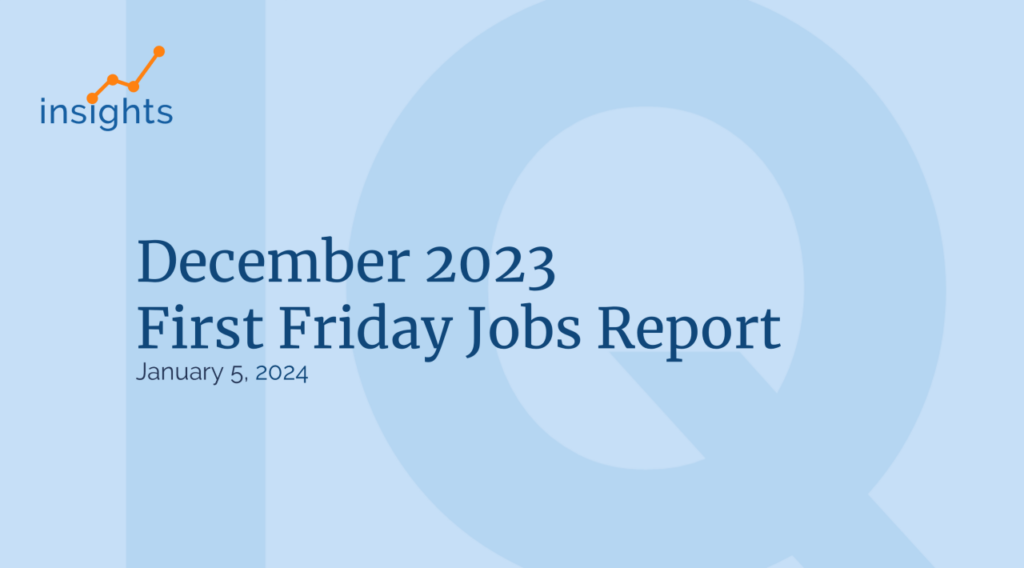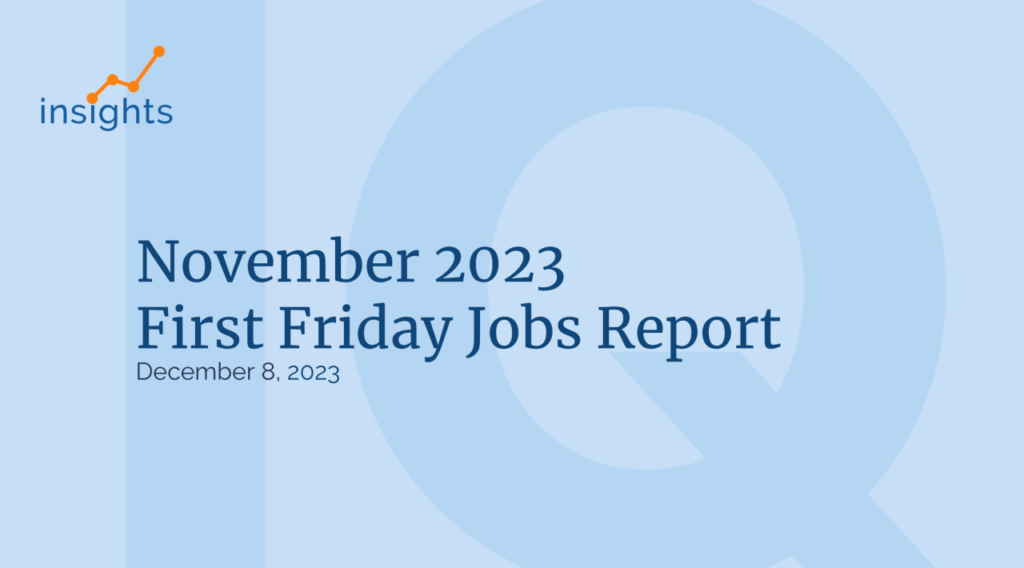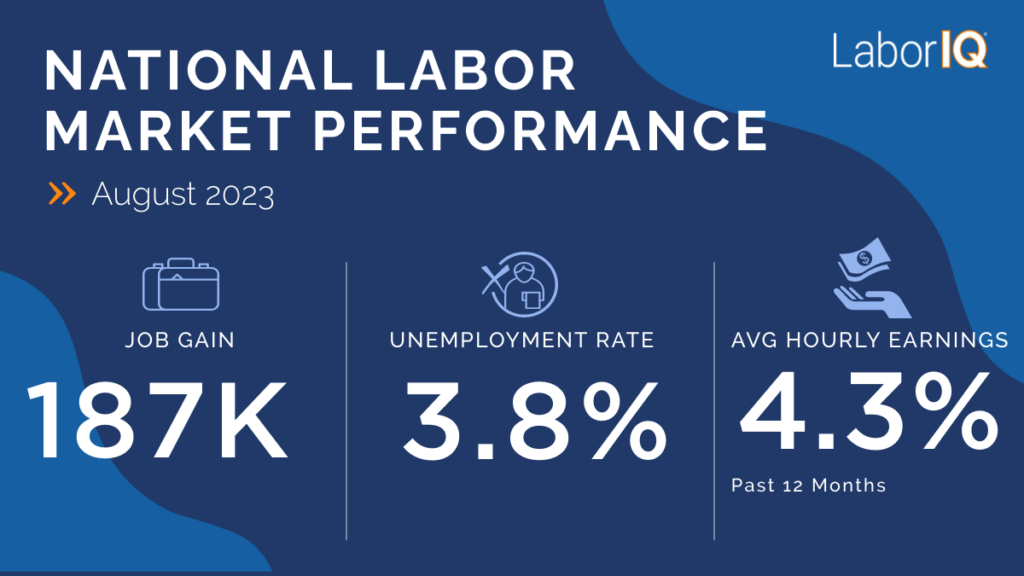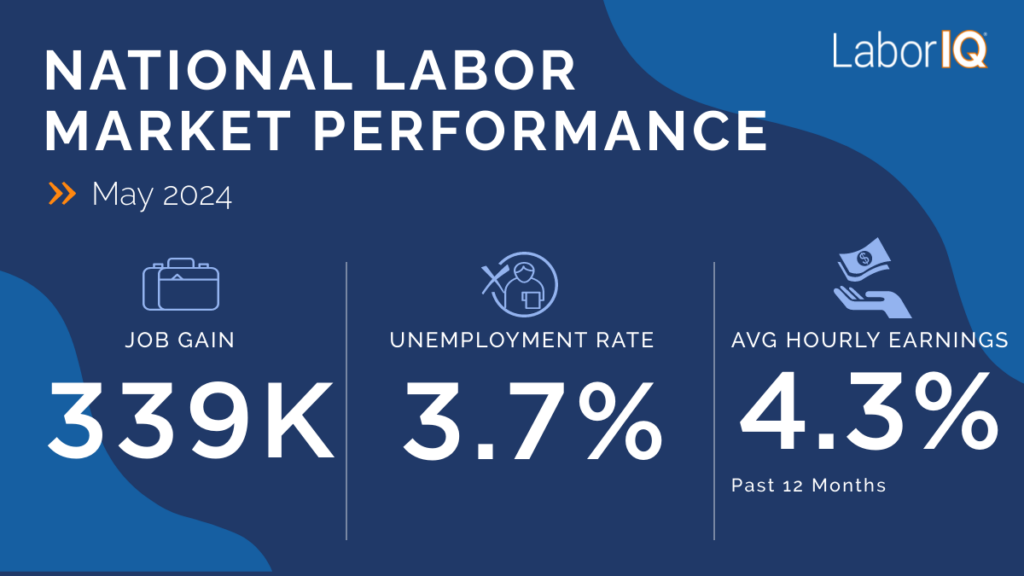Since the Great Resignation at the end of 2021, many industries have continued to lose employees in large numbers. As a result, job openings are soaring ahead of the number of job seekers applying for work. Unfortunately, this has created a labor market where businesses compete fiercely for talent within very small candidate pools.
It’s no surprise that with this persisting struggle, there’s increasing demand for teens and new graduates to join the labor force. As a result, paid internships are skyrocketing in popularity as a means of filling job vacancies. Already, U.S. interns are benefiting from higher salaries than ever before. Most notably, some Wall Street interns will make 30% more this year, and some will earn as much as $10,000 per month.
So, in this article, we’ll discuss what’s important when bidding for interns and how to secure young, promising talent for your business.
Let’s dive in!
Intern Compensation Rates Increase Across the U.S.
Banking and investment firms, particularly on Wall Street, have undoubtedly led the surge in U.S. salaries for interns. Interns at large banks and investment firms have earned 36.9% more this internship season. Of course, exceptional salaries are reserved for extraordinary young talent. But, nonetheless, trends indicate that competition for high-quality interns is on the rise.
Finance is far from the only sector where interns are given more importance. In fact, 9 out of ten of the highest-paying internships are found in the tech sector, with Roblox grossing the highest internship payments with almost $10,000 in median monthly pay.
How Important are Internships?
For students about to enter the job market, internships are vital. Entry-level jobs are subject to fierce competition, forcing students to work harder to set themselves apart. As a result, 64% of students in the U.S. have come to fear career and employment setbacks.
However, after graduation, those who land an internship stand a better chance of succeeding in their chosen field. Internships are, in fact, a crucial step within many career paths. For example, 86% of law clerks completed an internship, and since 2013, at least 60% of all students have participated in an internship during their time in college.
Internships provide a vital chance for students and graduates to gain insight into how businesses operate and what their future careers may entail. It’s also a chance to gain valuable work experience where the concepts they’ve learned about in college are actually applied.
Traditionally, thanks to fierce competition, prospective interns didn’t have much bargaining power. But with the labor shortage, interns might, for the first time, be in a position to negotiate better conditions.
Salary Expectations for Internships
In the past, internships didn’t have a reputation for being lucrative. In fact, many were unpaid, even though some employers required students to relocate to complete the internship! Interestingly, research shows that as many as 43% of internships are unpaid.
However, experts believe with the labor market swerving in favor of employees and businesses struggling to fill roles, more employers will start paying their interns.
Not only is competition for new talent fierce, but emerging talent has also changed its priorities. Interns graduating post-pandemic are particularly affected. For instance, many have higher company culture demands. They also want better benefits packages and flexible work conditions, such as remote work.
Creating Pipelines for Emerging Talent
Businesses have to get creative to attract and retain the best of the best. So to secure emerging talent, companies should invest in a recruitment pipeline dedicated to prospective interns. Businesses are more likely to win their loyalty by nurturing young talent right after graduation. They’re also better positioned to mold them into the kind of employees they want working in their organization.
One critical step in establishing such a pipeline is to rely on compensation analysis from the get-go. Compensation analysis helps businesses develop salary plans ranging from internship positions to senior talent. It uses benchmark data from thousands of other firms to establish which criteria separate talent into higher compensation brackets. Then, you can identify clearly achievable objectives for young talent.





